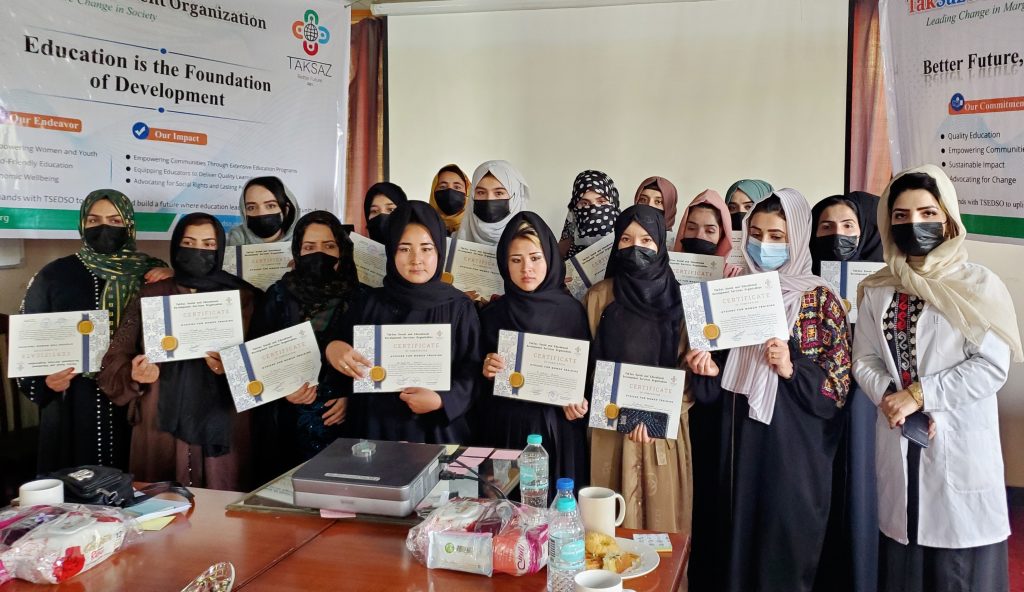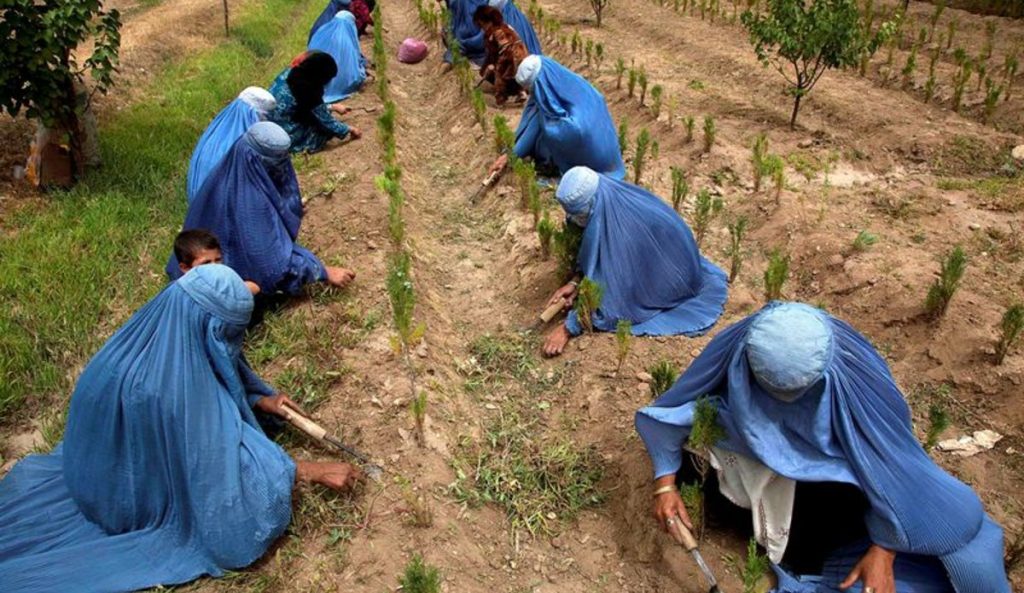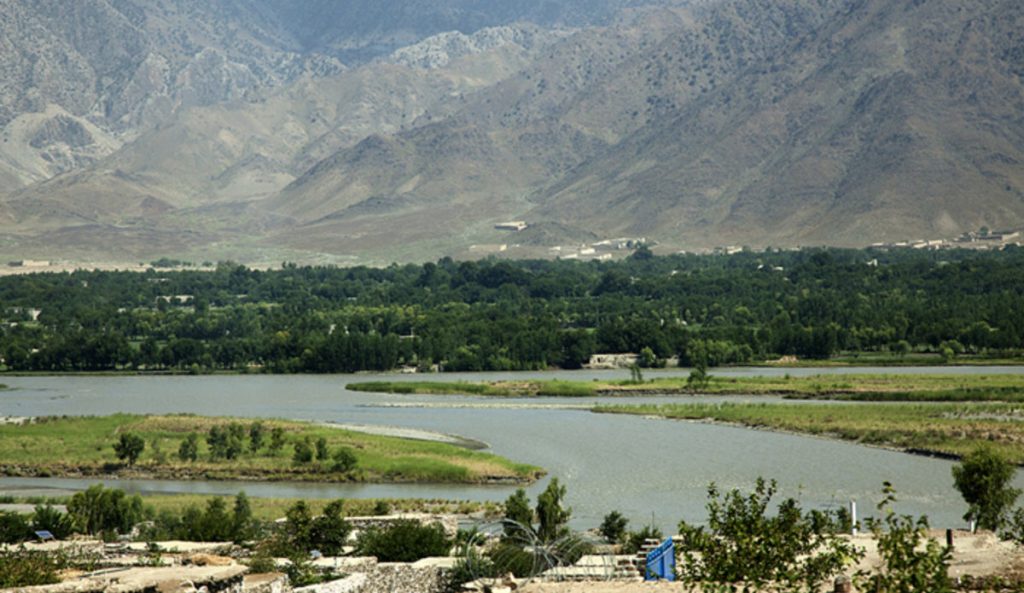Recent Complete Project By TSEDSO

Projects
Successfully On Going Projects
TakSaz Social and Educational Development Services Organization (TSEDSO)
ADEL project
The ADEL project is a joint initiative between Taksaz Organization and Universitas Islam Internasional Indonesia (UIII) to provide online English language courses to Afghan girls aged 17-24 in Kabul Province.
TSEDSO
launched a WASH (Water, Sanitation, and Hygiene) awareness campaign in communities Kabul and Parwan. The campaign aimed to educate residents on the importance of safe water, proper sanitation practices, and good hygiene habits
TSEDSO
TSEDSO implemented a social cohesion and youth capacity development program in Kabul, Afghanistan to foster greater community unity and empower the next generation.
TSEDSO
TSEDSO launched a comprehensive food security and livelihood program in Kabul, Afghanistan to address the pressing issue of food insecurity in the region.
Education

ADEL project: The ADEL project is a joint initiative between Taksaz Organization and Universitas Islam Internasional Indonesia (UIII) to provide online English language courses to Afghan girls aged 17-24 in Kabul Province. The project aims to facilitate English education, open up opportunities for higher education abroad, promote intellectual growth, and enable communication between Afghan girls and the global audience. The total project budget covers student recruitment, internet installation, online classes, teacher salaries, and administrative costs. Expected outcomes include improved English proficiency, increased interest in higher education, promotion of self-directed learning, and teaching experience for UIII students. The sustainability plan focuses on equipping students with lifelong learning skills, improving learning outcomes, and fostering professional development among teachers to ensure the long-term impact of the project.
Health
TSEDSO launched a WASH (Water, Sanitation, and Hygiene) awareness campaign in communities Kabul and Parwan. The campaign aimed to educate residents on the importance of safe water, proper sanitation practices, and good hygiene habits. Interactive workshops, community events, and door-to-door outreach were used to disseminate information on handwashing, latrine construction, and water treatment methods. The campaign resulted in increased adoption of household water filters, improved latrine usage, and better handwashing practices among the targeted communities. TSEDSO plans to expand the WASH awareness campaign to additional regions to promote sustainable behavioral changes and improve public health outcomes.

Social Cohesion youth capacity development

TSEDSO implemented a social cohesion and youth capacity development program in Kabul, Afghanistan to foster greater community unity and empower the next generation. The initiative focused on bringing together young people from diverse backgrounds through structured dialogue sessions, collaborative problem-solving workshops, and community service projects. TSEDSO facilitated these activities to promote cross-cultural understanding, enhance communication skills, and inspire youth leadership. The organization also provided vocational training, entrepreneurship support, and mentorship opportunities to equip Kabul’s young men and women with the necessary skills and knowledge to become active contributors to the local economy and society. By investing in the personal and professional growth of youth, TSEDSO’s program aimed to strengthen social cohesion, reduce tensions, and build a more inclusive and prosperous future for the Kabul community.
Food Security and Livelihood
TSEDSO launched a comprehensive food security and livelihood program in Kabul, Afghanistan to address the pressing issue of food insecurity in the region. The initiative focused on a multifaceted approach, including improving agricultural productivity by providing farmers with high-yielding crop varieties, sustainable farming techniques, and access to irrigation systems, as well as assisting in the establishment of agricultural cooperatives to enable collective marketing. In addition, TSEDSO supported the development of small-scale livestock rearing and handicraft enterprises to diversify income streams for households. This holistic program resulted in increased household food security, improved dietary diversity, and enhanced economic opportunities for the targeted communities in Kabul, empowering local populations to achieve long-term food and income stability through TSEDSO’s sustainable development interventions.

Natural Resources Management

TSEDSO conducted a large-scale tree planting campaign to address climate change issues in Kabul, Afghanistan. The organization planted over 2,000 trees in various parts of the city, focusing on areas with high levels of air pollution and urban heat. The initiative aimed to increase Kabul’s green cover, improve air quality, and mitigate the effects of climate change. Local community members actively participated in the tree planting activities, fostering a sense of ownership and commitment to the project’s long-term success. TSEDSO plans to monitor the growth of the new trees and organize regular maintenance efforts to ensure their survival. The tree planting campaign is part of TSEDSO’s broader environmental conservation efforts in the region, which also include awareness-raising programs and policy advocacy to promote sustainable development.